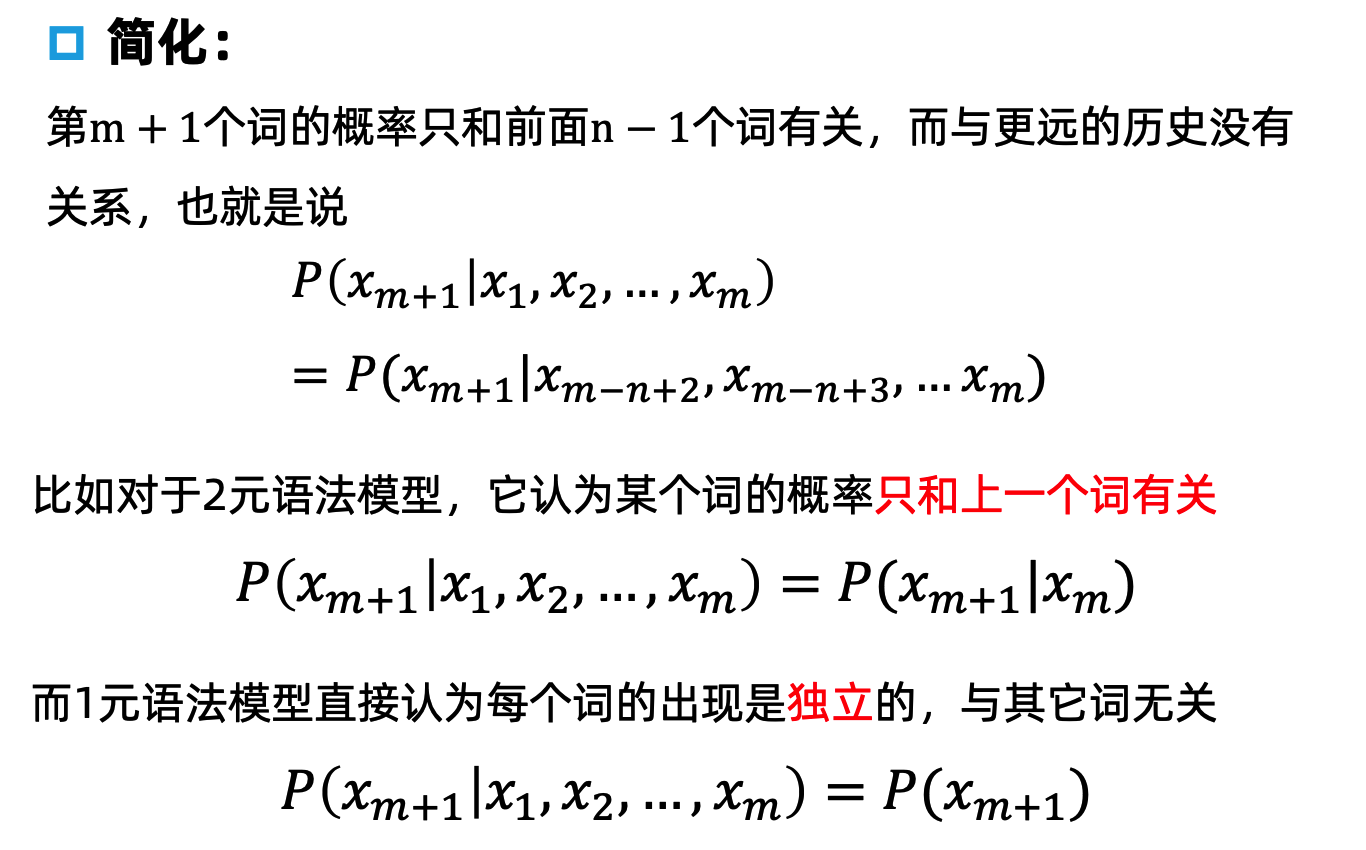In [1]:
import random
import jieba
In [2]:
corpus_file = open("../input/santi.txt", "r", encoding="utf-8")
raw_text = corpus_file.readlines()
text = ""
for line in raw_text:
text += line.strip()
corpus_file.close()
# 选择分词或者是分字
split_mode = "jieba"
if split_mode == "char":
token_list = [char for char in text]
# 利用jieba库分词
elif split_mode == "jieba":
token_list = [word for word in jieba.cut(text)]
# 确定ngram的历史检索长度,即n
ngram_len = 4
In [3]:
# 初始化ngram词典
ngram_dict = {}
for i in range(1, ngram_len): # i = 1 2 3
for j in range(len(token_list) - i - 1):
# 统计前缀是[j, j+i]个词的时候第j+i+1个词出现的次数
key = "".join(token_list[j: j + i + 1])
value = "".join(token_list[j + i + 1])
# 为第一次出现的键建立字典
if key not in ngram_dict:
ngram_dict[key] = {}
# 初始化字典内每个键值对映射的计数器
if value not in ngram_dict[key]:
ngram_dict[key][value] = 0
ngram_dict[key][value] += 1
In [4]:
# 对输入进行分字或分词
start_text = "程心觉得"
gen_len = 200
topn = 3
if split_mode == "char":
word_list = [char for char in start_text]
elif split_mode == "jieba":
word_list = [word for word in jieba.cut(start_text)]
# gen_len是我们期望的生成字数或词数
for i in range(gen_len):
temp_list = []
# 统计给定前小于等于n-1个词的情况下,下一个词的词频分布
for j in range(1, ngram_len):
if j >= len(word_list):
continue
prefix = "".join(word_list[-(j + 1):])
if prefix in ngram_dict:
temp_list.extend(ngram_dict[prefix].items())
# 按词频对词排序
temp_list = sorted(temp_list, key=lambda d: d[1], reverse=True)
next_word = random.choice(temp_list[:topn])[0]
word_list.append(next_word)
print("".join(word_list))

